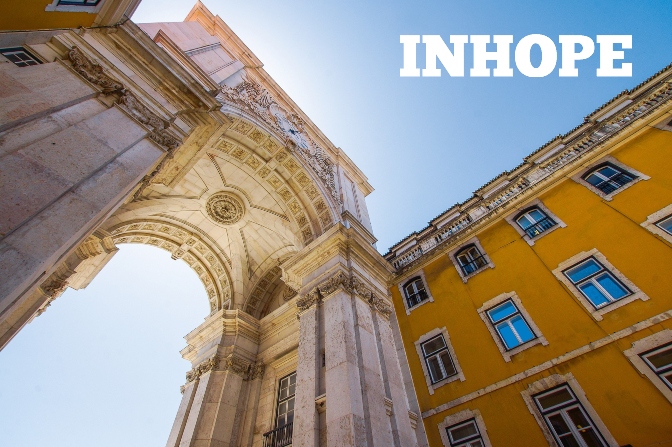Article
Hotline & Network Updates
Portugal takes a stronger stance against CSAM.
As per September 2020, the Portuguese authorities have reviewed the way they define Child Sexual Abuse Material (CSAM).
CSAM is now defined under Portuguese legislation as pornographic material with a sexual purpose which:
- represents a minor involved in sexually explicit behaviours (real or simulated); or
- shows their genitalia or any other part of the body
By covering nude images as well as those which show the genitalia, this definition of CSAM exceeds that which is required by EU standards for Member States. This puts the team at APAV – the Portugese Association for Victim Support – who run the hotline in Portugal in a great position to get CSAM removed.
We talk to Hotline Manager and Analyst Ricardo Estrella to find out more about the legislative situation in Portugal.
Legal Protection for Hotlines
Ricardo celebrates this great improvement in how CSAM is understood. However, he stresses there are still improvements needed in how hotlines are understood.
Accessing and viewing CSAM is illegal, regardless of whether your intention is to remove it or not. Hotlines must therefore gain special permission under their national law to process CSAM reports. APAV, like many hotlines in the INHOPE network, have gained this permission via a Memorandum of Agreement (MoA).
For Ricardo, this offers a fragile solution.
“We feel that we are operating under the good graces of the public prosecution office.”
This MoA can, in theory, be withdrawn at any time. If it were, the hotline could no longer legitimately open and watch CSAM reported to them by the public in order to get it removed.
Hotlines as Essential Services
As well as this legal vulnerability, hotlines status in civil society also caused challenges during the coronavirus lockdowns.
Like in many countries, the majority of people in Portugal were required to work from home. However, for security and staff welfare reasons, CSAM reports can only be processed in the secure environment at the hotline location.
Fortunately, Ricardo received official authorization to travel to work on certain days. Nonetheless, the restrictions effected the immediacy with which he was able to process reports, and risked being subjected to bureaucratic intervention.
Ricardo’s Suggested Solution
According to Ricardo, hotlines should be given greater protection and recognition by law and civil society. Much like the police or fire services, hotlines should be recognised as essential services, and their rights and duties to process and removed CSAM should be enshrined in law.
Portugal is not the only country dealing with this issue. Read more about how Save the Children Finland are advocating for legal protection to continue operating Nettivihje the Finnish hotline here.
Are you in a country with a similar situation? Let us know at communications@inhope.org.

If you'd like to read more articles like this, then
click here to sign up for INHOPE Insights and Events.